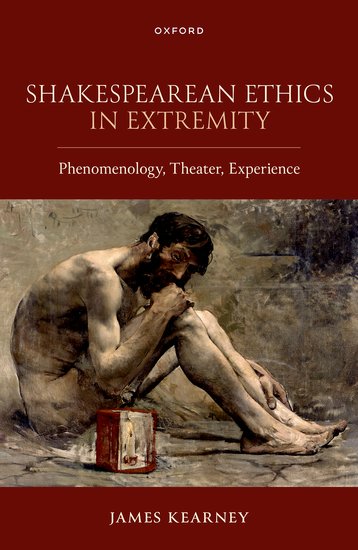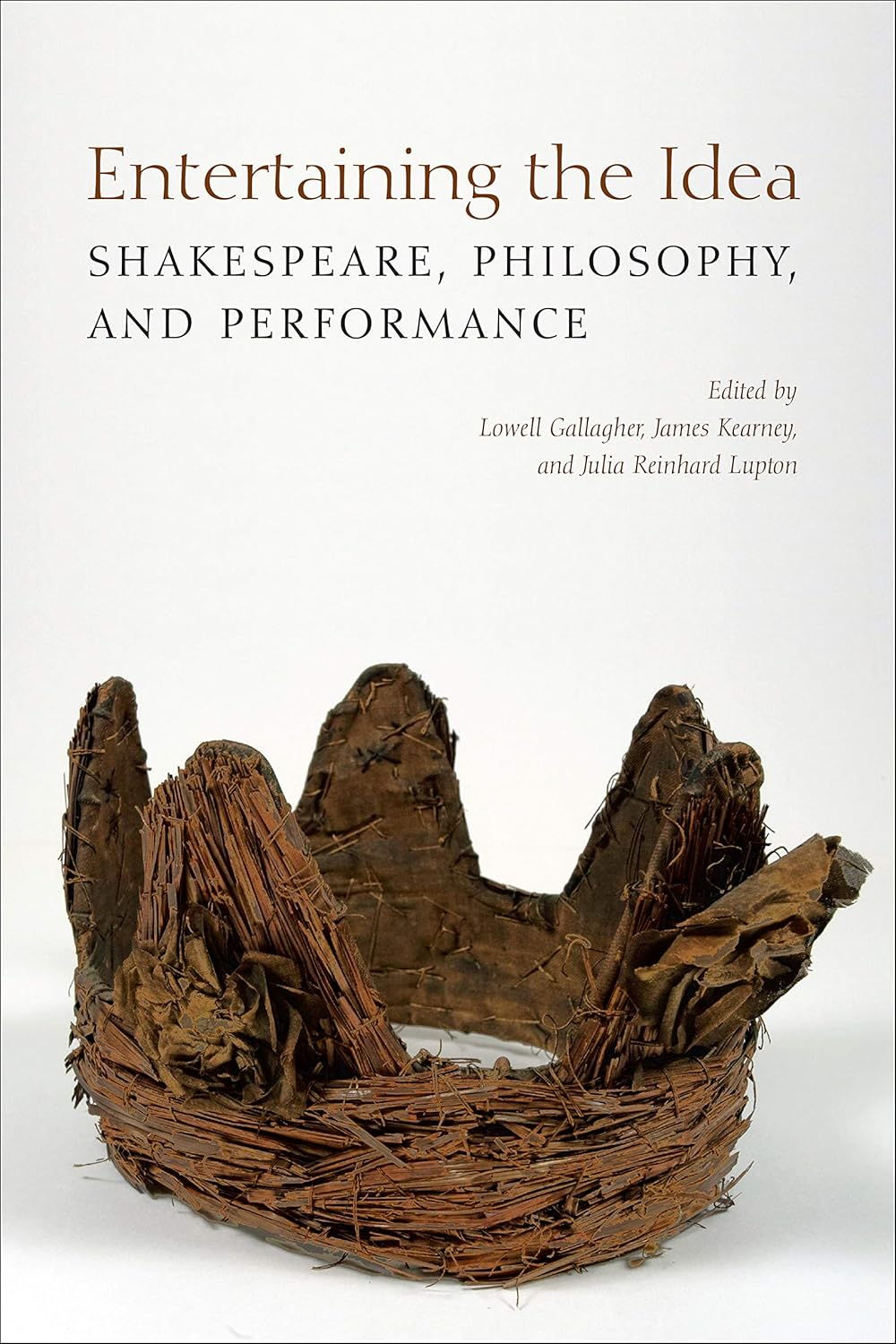Shakespearean Ethics in Extremity
Phenomenology, Theater, Experience
- Author: Jim Kearney

Shakespearean Ethics in Extremity addresses forms of ethical experience on the Shakespearean stage. Early modern theater traffics in the vicarious experience of ethics, often ethics in some extreme or impossible circumstance. What does it feel like to be enjoined to avenge your father’s murder? What is it like to banish your daughter or disavow your community? To murder? This book contends that Shakespearean theater, fundamentally oriented to the experiential, invites its audiences to entertain and to be entertained by what the philosopher Bernard Williams calls “a phenomenology of the ethical life.”
The early modern world inherited and developed rhetorical and philosophical practices geared toward the creation of immersive virtual experience. These phenomenological arts share underlying assumptions about the cultivation and management of the self as well as a straightforward orientation toward ethics. Taking up key concepts from the long history of moral philosophy — recognition, obligation, decision, luck — Shakespearean Ethics in Extremity brings together a discursive history of ideas and the more phenomenological realms of body and affect, environment and world. With a concentrated focus on formally inventive plays written in the later part of Shakespeare’s theatrical career — King Lear, Timon of Athens, Macbeth, Pericles, The Tempest, The Winter’s Tale — the book explores Shakespearean theater as an arena or lab in which the experience of ethics in extremis is simulated or reverse engineered, counterfeited or created.
Purchase
Citation Information
- Full Title: Shakespearean Ethics in Extremity: Phenomenology, Theater, Experience
- Publisher: Oxford University Press
- Publication Date: 2025
- Publisher Website: Link

